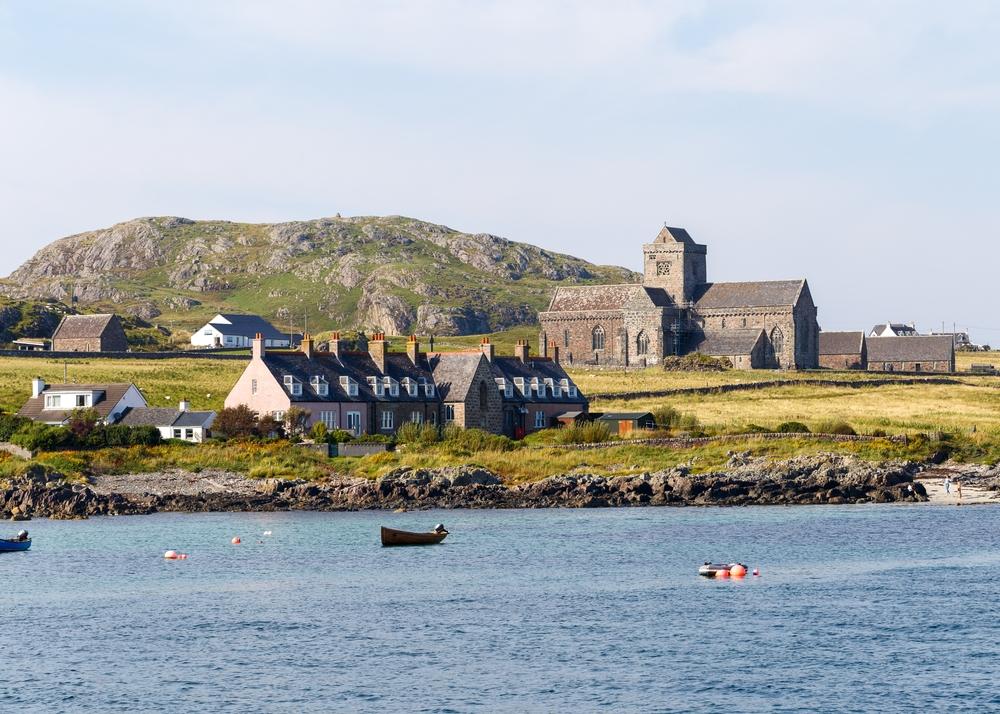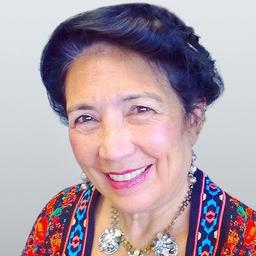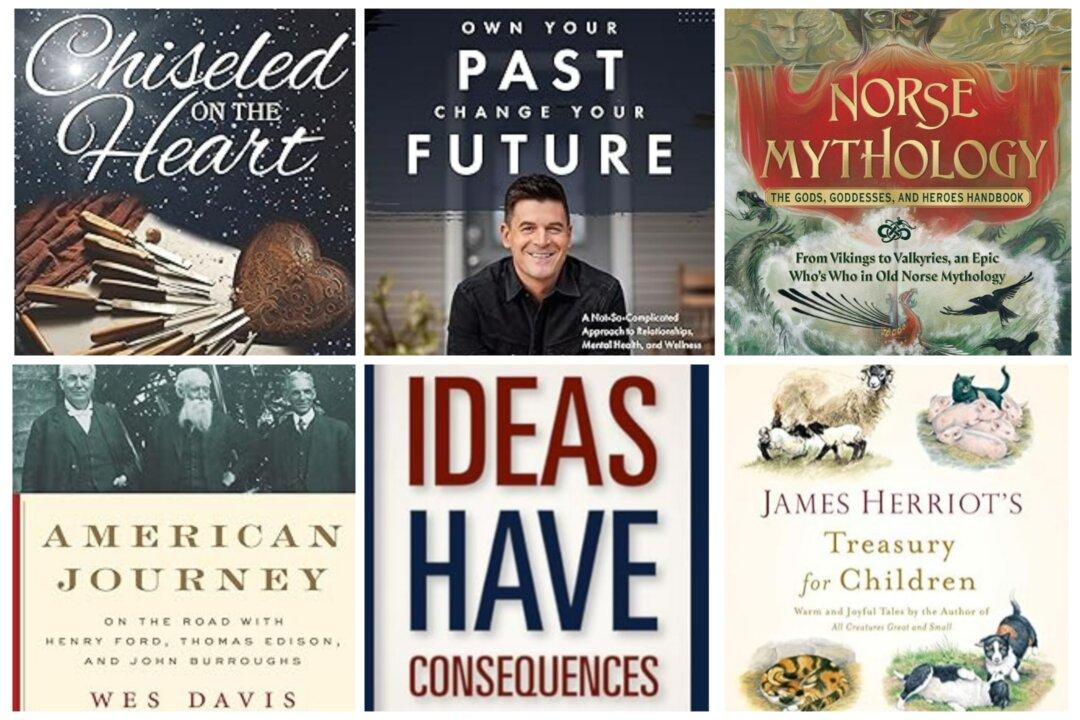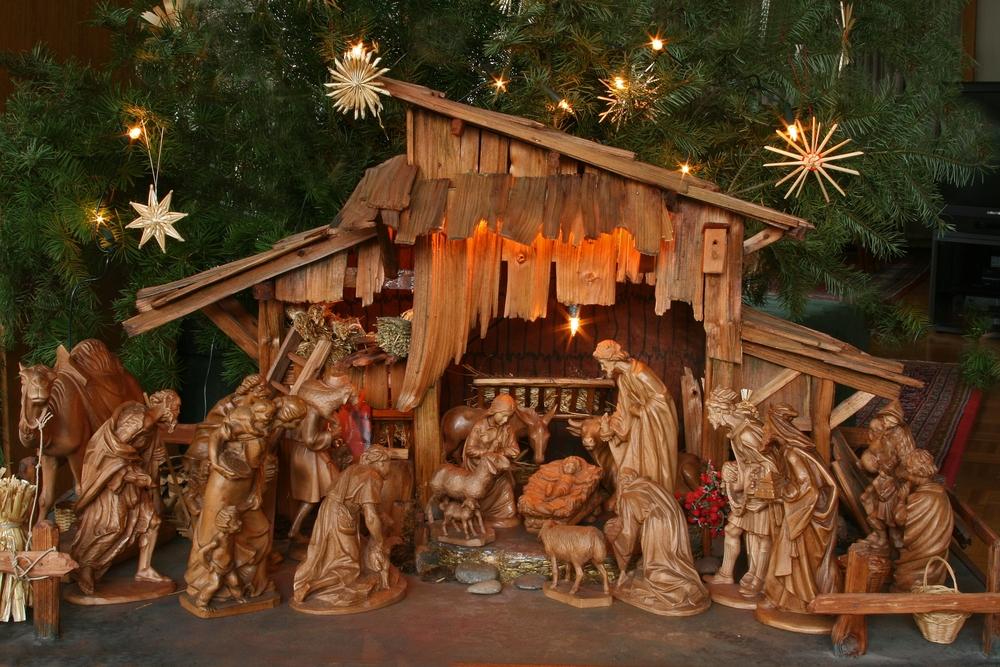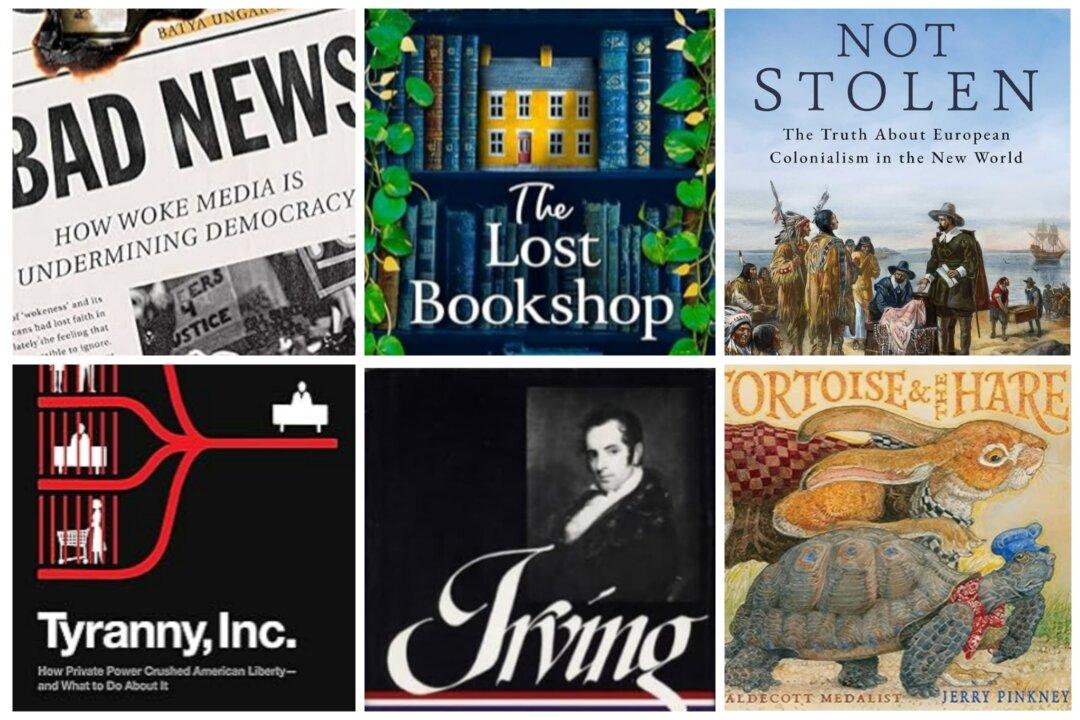As I pen this recommendation, I’m looking out my home office window to a world of green from the trees that stand tall to greet the day. Perhaps they will serve as inspiration for a book that calls readers to a deeper connection with nature. I suspect so.
I’m reminded of another recent review: Karen Armstrong’s “Sacred Nature: Restoring Our Ancient Bond with the Natural World,” which has a similar theme.

